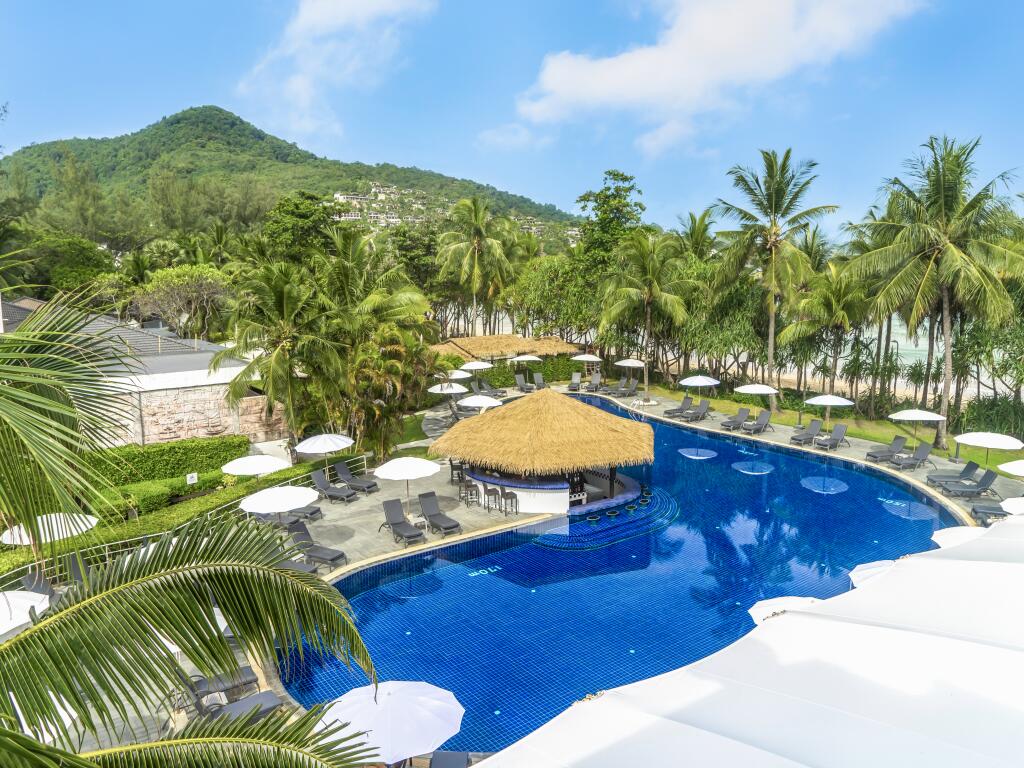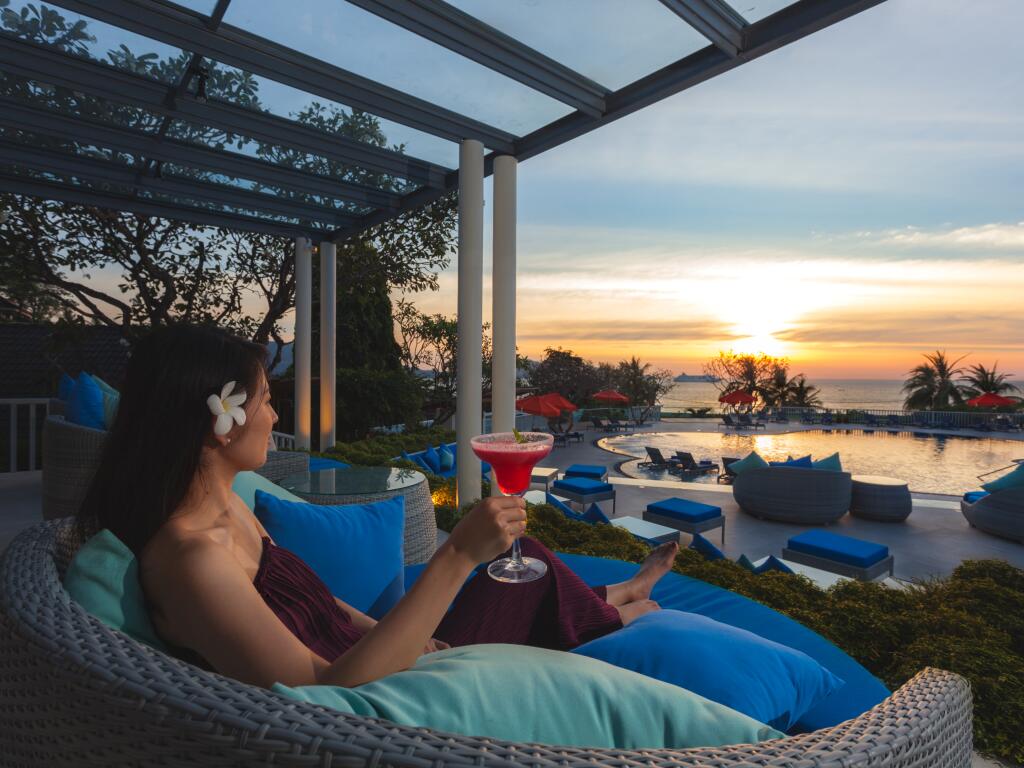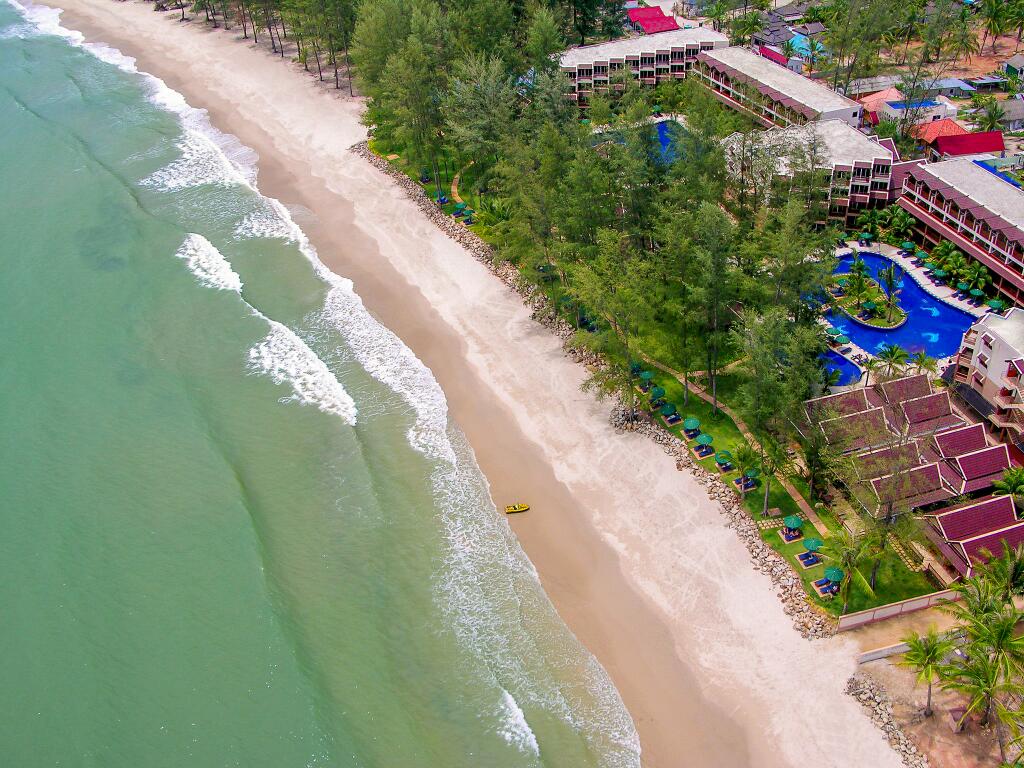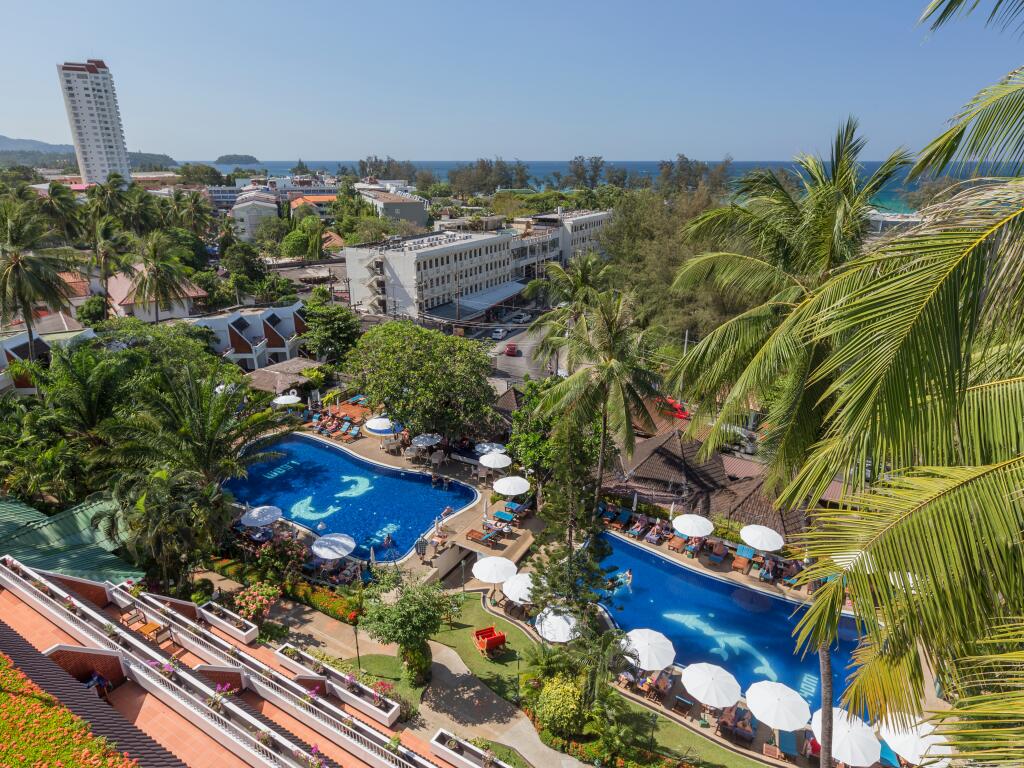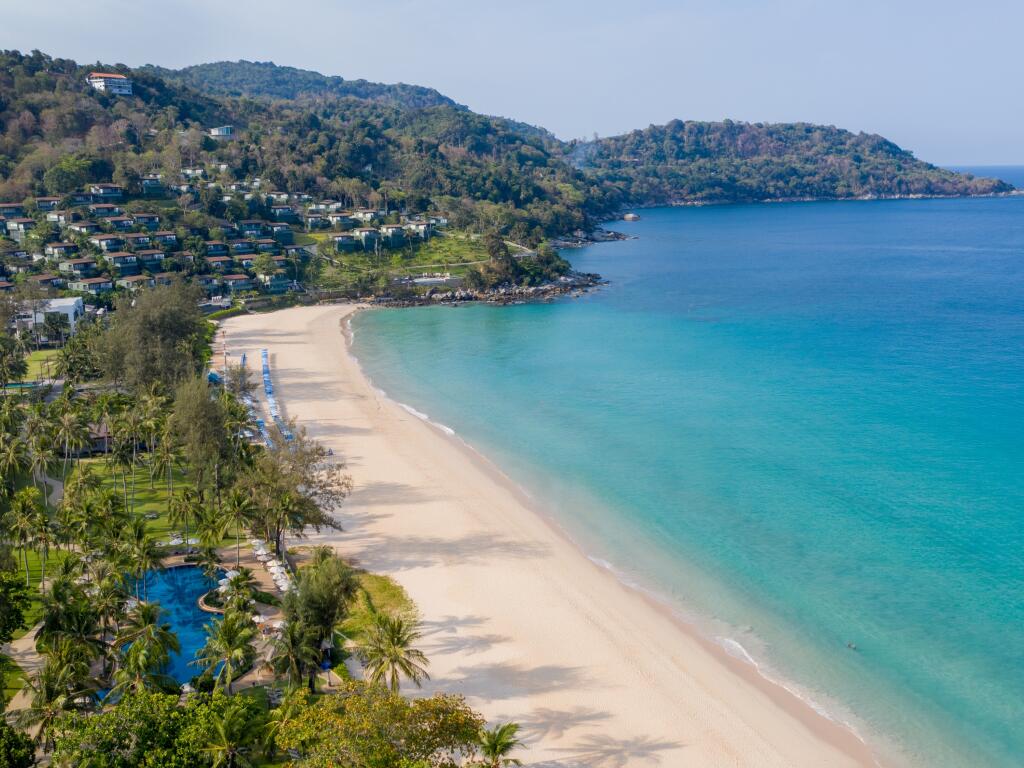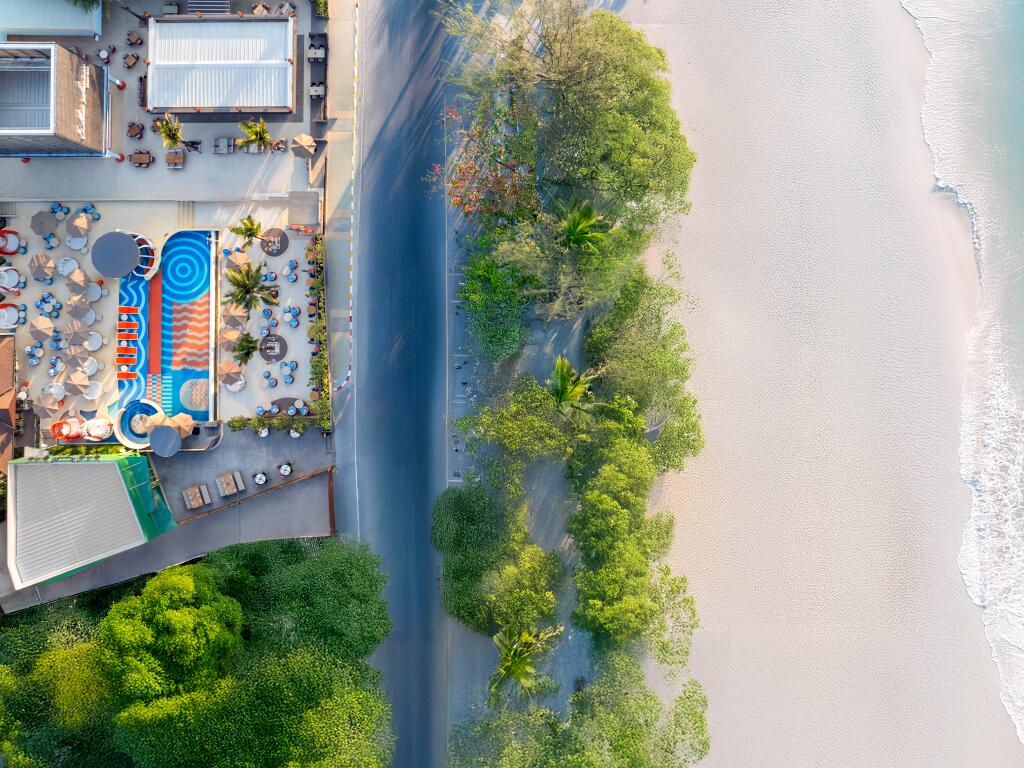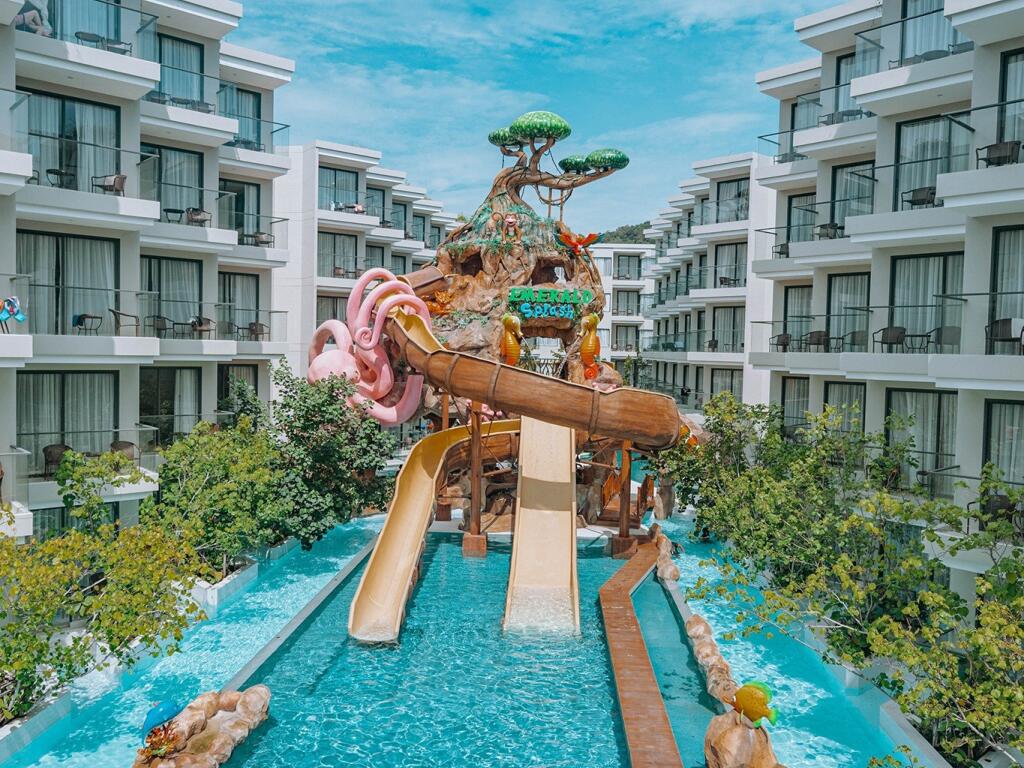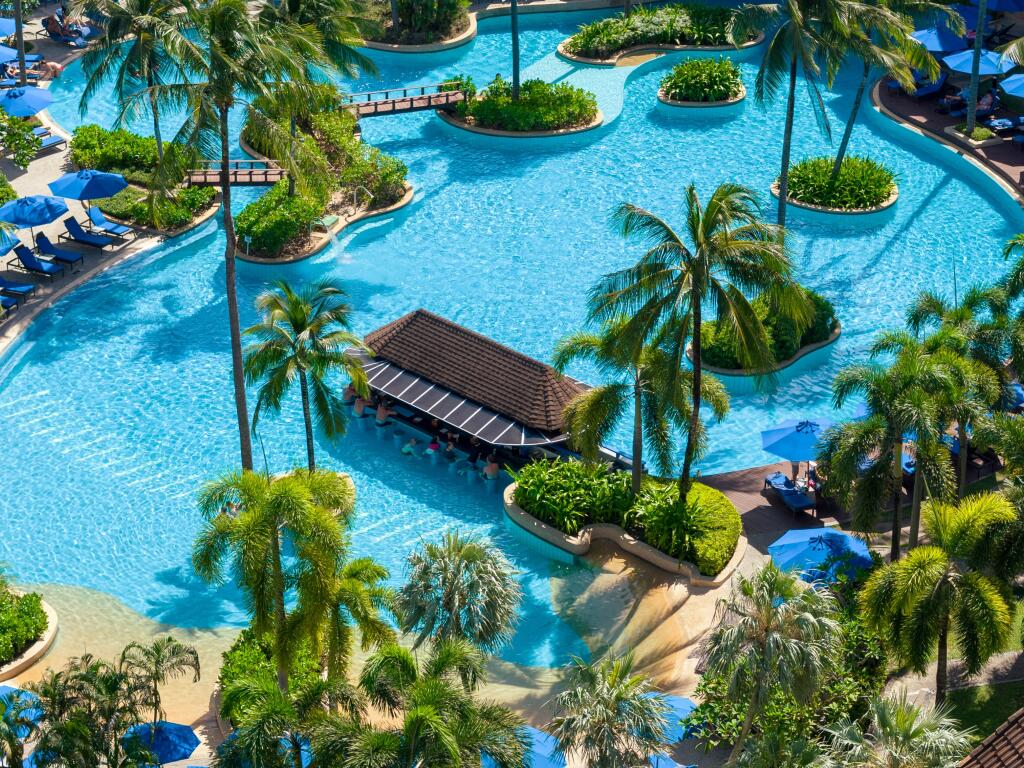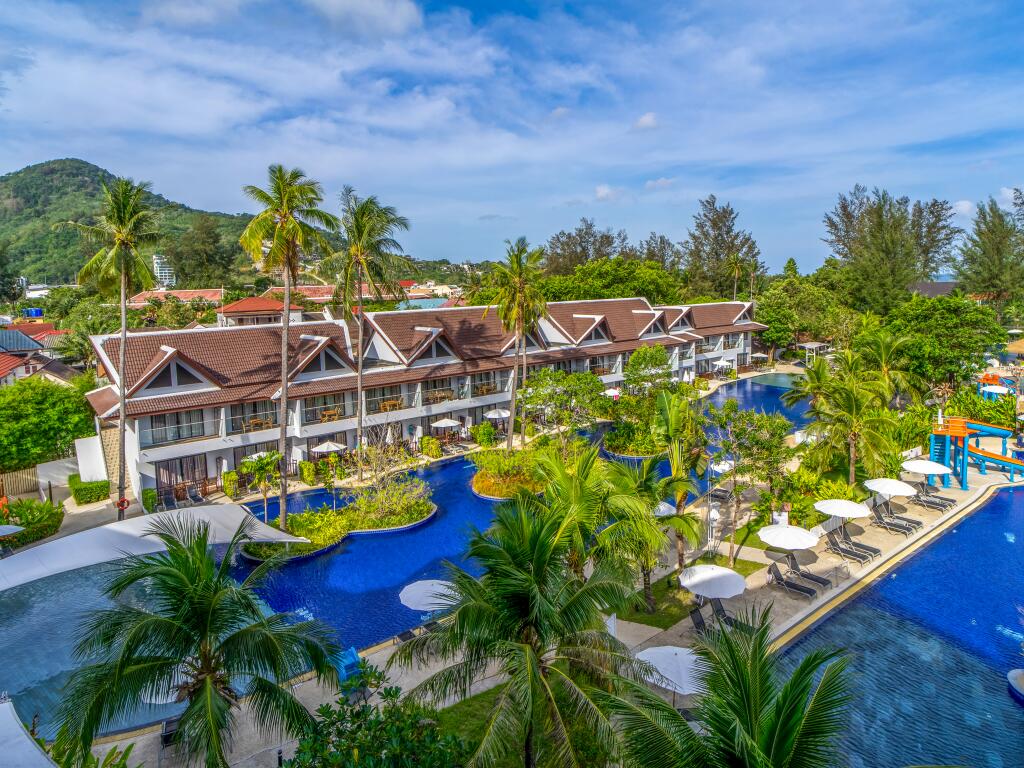Culture & History
Beyond its renowned beaches and vibrant nightlife, Phuket boasts a rich tapestry of culture and history that adds depth and intrigue to any tropical getaway. As holidaymakers embark on their island adventure, delving into Phuket's cultural heritage unveils a fascinating world of traditions, architecture, and stories that have shaped this captivating destination.
Cultural Diversity
Phuket's cultural landscape is a blend of Thai, Chinese, Malay, and other influences, a result of its history as a trading hub. This diversity is reflected in its cuisine, architecture and festivals. The annual Thao Thepkrasattri-Thao Sri Suntorn Festival is a prime example, where participants celebrate historical victory through dramatic reenactments, colourful processions and a Buddhist ordination ceremony.
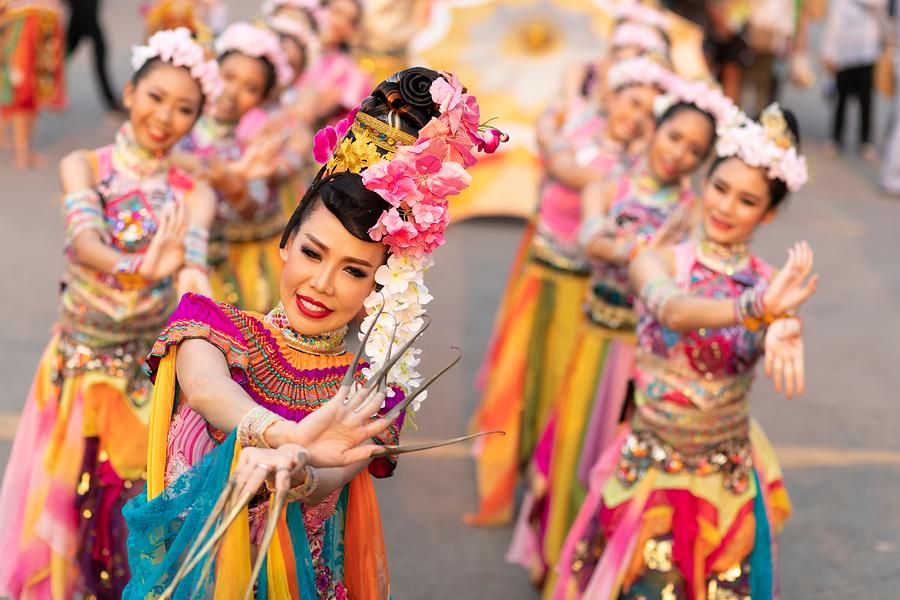
Old Phuket Town - A Glimpse into the Past
The heart of Phuket's history is encapsulated in Old Phuket Town, a charming area characterised by its well-preserved Sino-Portuguese architecture. Stroll along the narrow streets and discover colourful shophouses adorned with intricate decorations, reflecting the island's past as a tin-mining and trading centre. Thalang Road is a particularly iconic street in Old Phuket Town. Lined with unique boutiques, art galleries and quaint cafes, this area offers holidaymakers a chance to immerse themselves in the town's history while enjoying its contemporary vibrancy.
Temples - A Spiritual Heritage
Phuket's temples are integral to its cultural fabric, offering insights into local religious practices. Wat Chalong, the largest and most revered temple on the island, is a must-visit. It houses a 60m tall pagoda and beautifully decorated halls that provide a serene space for meditation and reflection.
Traditional Performing Arts
While exploring Phuket's cultural offerings, holidaymakers can also witness traditional performing arts. There are many cultural shows designed to showcase Thailand's rich heritage through elaborate stage productions incorporating music, dance and storytelling. These immersive shows provide a comprehensive glimpse into the country's history and customs.
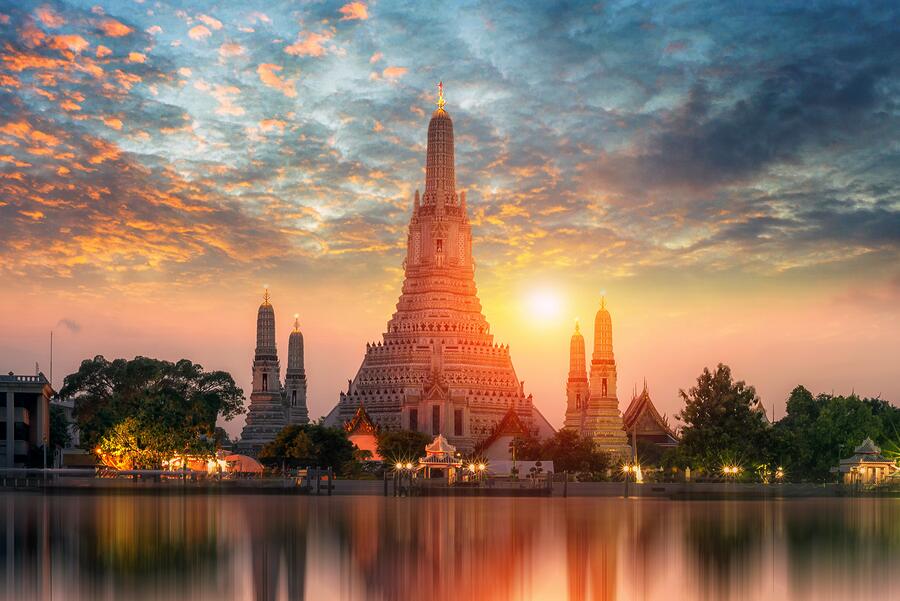
Historical Sites & Museums
For history enthusiasts, Phuket offers a variety of museums and historical sites. The Phuket Thai Hua Museum offers insights into Phuket's Chinese heritage, displaying artifacts and exhibits that tell the story of the island's early settlers. Thalang National Museum is another highlight, providing a deeper understanding of Phuket's past and its role in protecting the nation.
Preserving Culture Through Souvenirs
Holidaymakers keen to bring a piece of Phuket's culture back home can do so through traditional handicrafts and souvenirs. Batik fabrics, intricately woven textiles and unique ceramics showcase the island's artistic legacy. These souvenirs serve as reminders of the cultural exploration undertaken during the holiday.
Embracing Cultural Etiquette
To fully appreciate Phuket's culture and history, it's important for holidaymakers to embrace local customs and etiquette. When visiting temples, ensure respectful attire (covering shoulders and knees) and remove your shoes before entering. Show deference to cultural practices, such as festivals and rituals, even if you're not participating.
Phuket's culture and history provide an enriching dimension to any holiday. Exploring Old Phuket Town, witnessing traditional arts and immersing yourself in local temples offers a profound connection to the island's heritage. As holidaymakers embrace Phuket's culture and history, they gain not only memories but a deeper appreciation for the island's diverse and captivating past.
Culture & Religion
Phuket, with its stunning beaches and vibrant culture, is also a place deeply intertwined with spirituality and religion. As a holidaymaker, understanding the island's religious practices and festivals not only enhances your cultural experience but also offers a profound insight into the local way of life. Whether you're observing ancient ceremonies or simply appreciating the beauty of temples, Phuket's religious landscape adds a layer of meaning to your tropical getaway.
Buddhism - The Heart of Phuket's Spirituality
Buddhism is the predominant religion in Thailand, and Phuket is no exception. The island is adorned with intricate temples, each offering a serene sanctuary for spiritual reflection. Wat Chalong, the largest and most revered temple, is a must-visit. Its ornate architecture and serene atmosphere provide a glimpse into the island's deep-rooted Buddhist beliefs.
Visiting Temples - Cultural Etiquette
When visiting temples, it's important to dress modestly by covering your shoulders and knees. Removing your shoes before entering temple buildings is customary and displaying respect through quiet behaviour is appreciated. Observing local worshippers and their rituals can offer insights into Buddhist practices.
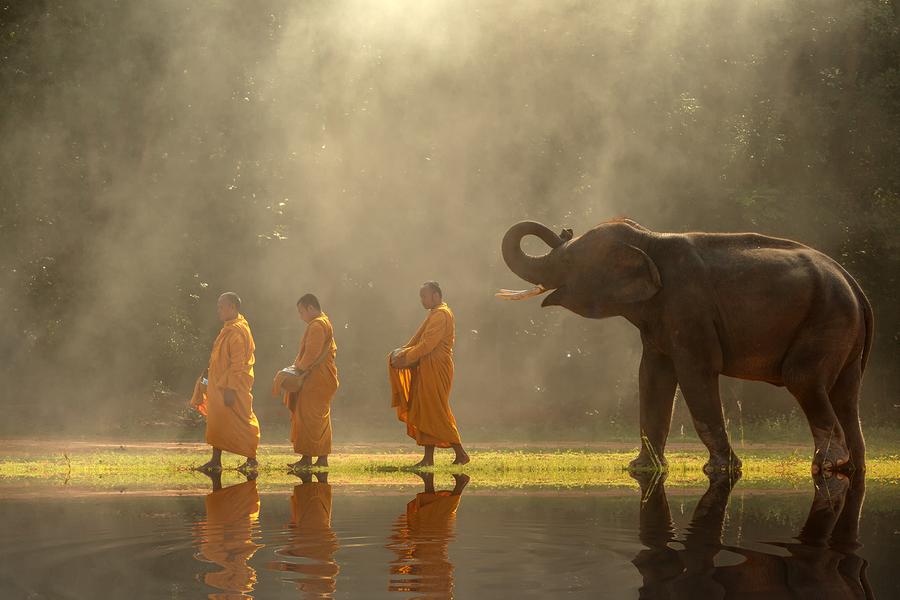
Thai Spirit Houses - Honouring Local Spirits
As you explore Phuket, you'll notice small spirit houses at homes, businesses and even on the streets. These miniature structures are dedicated to local spirits and deities and are believed to protect the property and its occupants. Witnessing locals making offerings at these spirit houses is a testament to the island's spiritual connection.
Vegetarian Festival - A Unique Cultural Event
One of Phuket's most captivating religious festivals is the Vegetarian Festival. Held annually according to the Chinese lunar calendar, this event sees devotees abstaining from meat and performing intensive rituals to purify their bodies and minds. The festival involves vibrant processions, firewalking and even piercing rituals, creating a mesmerising spectacle that showcases the island's devotion to its spiritual heritage.

